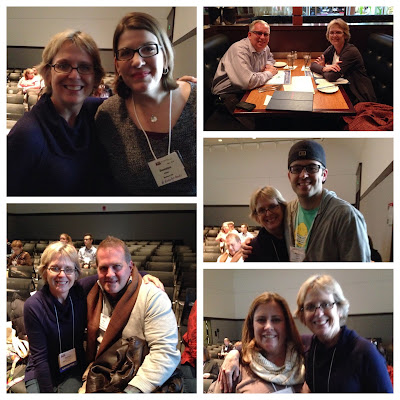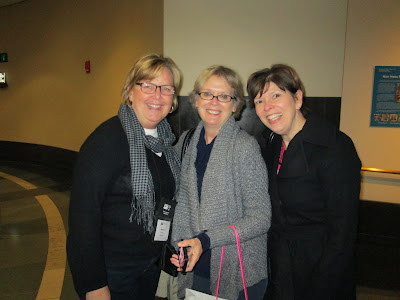On this Thanksgiving Day:
I love my family.
I love my family.
I love my friends.
I love my dogs.
I love my health.
I love writing.
I love reading.
I love teachers.
I love librarians.
I love kids.
I love gardening.
I love tap dancing.
I love Cafe Francais.
I love Pinwheel cookies.
I love champagne.
I love oysters.
I love the Smoky Mountains.
I love boiled peanuts.
I love circus peanuts.
I love trains.
I love Cynthia Rylant.
I love sushi.
I love malted milk balls.
I love walking.
I love Randy Travis.
I love Judge Judy.
I love crossword puzzles.
I love Wild Turkey Manhattans - stirred, not shaken.
HAPPY THANKSGIVING!




















































